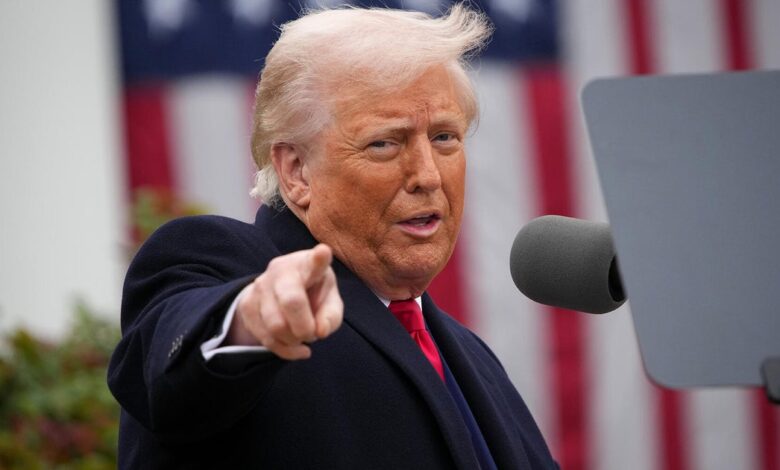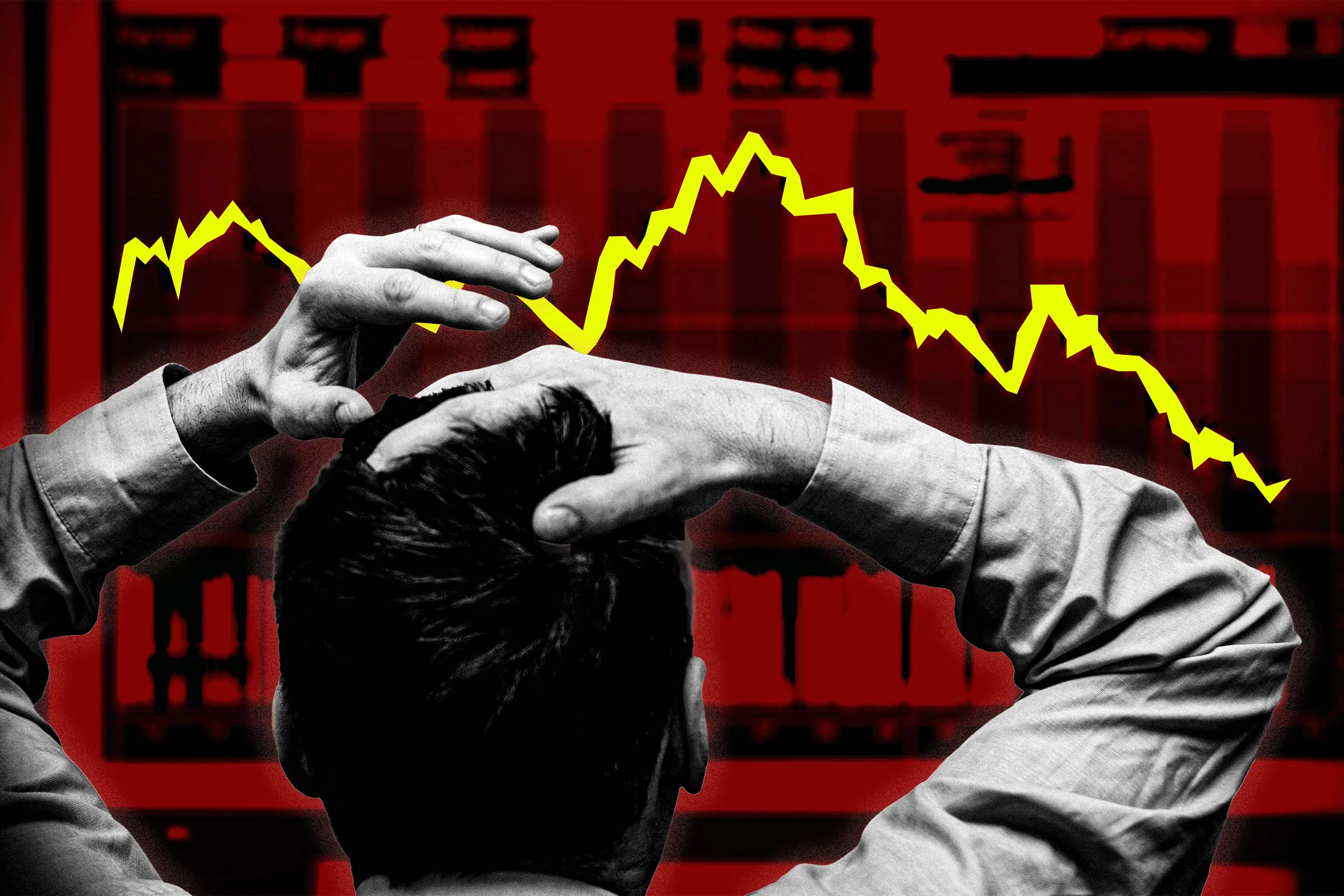Trump threatens to impose an additional 50% tariff on China

President Trump has issued a stern warning to China, threatening to apply an additional 50% tariff on imports from the Asian nation if they do not withdraw their plan to impose a retaliatory 34% import fee on American products. In a post on his Truth Social app, Mr. Trump stated that any country that retaliates against the U.S. with additional tariffs will face even higher tariffs in return.
The escalating trade tensions between the U.S. and China have been a focal point of Mr. Trump’s administration. On April 2, the president announced reciprocal tariffs on imports from 90 nations, in addition to a 10% global tax on all products shipped to the U.S. Mr. Trump referred to this announcement as “Liberation Day,” emphasizing the need to address trade imbalances with countries like China and members of the European Union.
In response to Mr. Trump’s 34% tariff on Chinese imports set to take effect on April 9, Beijing retaliated by announcing a 34% tariff on all U.S. products starting April 10. If Mr. Trump follows through with his plans, U.S. tariffs on imports from China would reach a combined 104%, on top of existing tariffs aimed at addressing issues like fentanyl trafficking.
The impact of these tariffs on American consumers could be significant, with potential cost increases of around $3,789 per year per household. Importers like Walmart may pass on the added costs to consumers through higher prices on imported goods, potentially fueling inflation. Economists have expressed concerns about the implications of the trade war on economic growth, with some warning of a possible recession.
Despite the uncertainty and market volatility caused by the trade war, Mr. Trump has indicated his intention to start negotiations with other nations promptly. In a separate post on Truth Social, he mentioned initiating trade talks with Japanese Prime Minister Shigeru Ishiba, highlighting the need for fair trade practices. White House trade adviser Peter Navarro emphasized the importance of countries making structural changes to their tax and regulatory systems to facilitate trade agreements.
As the situation continues to unfold, it is clear that the trade war between the U.S. and China has far-reaching implications for global trade and economic stability. Stay tuned for updates on this developing story.
—
The Associated Press contributed to this report.
Written by: Aimee Picchi, Associate Managing Editor for CBS MoneyWatch




